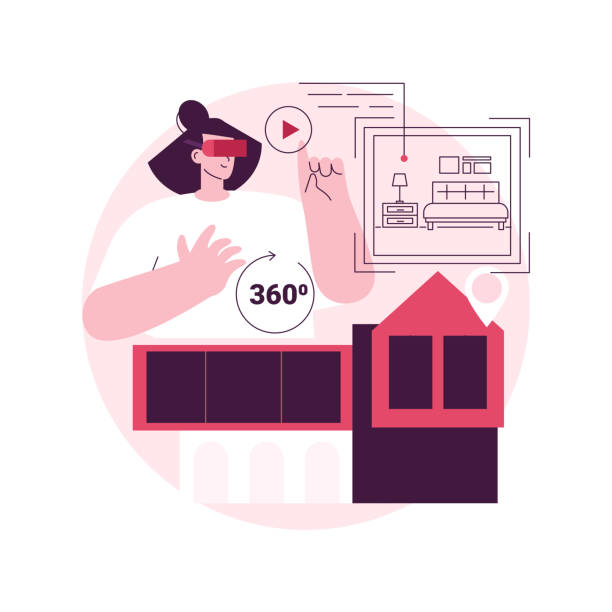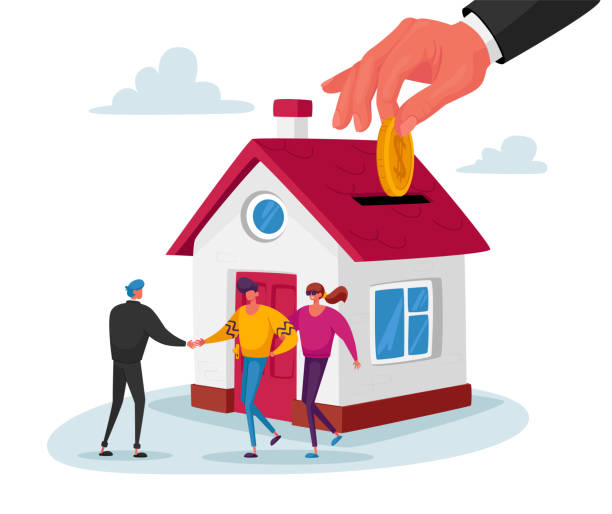In an era where sustainability and self-sufficiency are becoming more than just trends but essential aspects of living, off-grid and sustainable homes are gaining significant traction. These homes, designed to operate independently from traditional utility systems and to minimize their environmental impact, present unique opportunities and challenges for prospective homeowners. As interest in these eco-friendly and self-sufficient living spaces grows, so too does the need for specialized mortgage solutions that cater to their distinct characteristics.
Understanding Off-Grid and Sustainable Homes
1. What Defines Off-Grid Living?
Off-grid homes are designed to function independently of conventional utility services. They rely on alternative energy sources like solar panels, wind turbines, or hydroelectric systems to generate power. Water needs are often met through rainwater collection or wells, and waste is managed through composting toilets or septic systems. This lifestyle appeals to those seeking greater autonomy and a reduced environmental footprint.
2. The Essence of Sustainable Homes
Sustainable homes go beyond just being off-grid. They incorporate energy-efficient building materials, green technologies, and sustainable practices to minimize environmental impact. Features might include passive solar design, high-efficiency insulation, and eco-friendly construction materials. The goal is to create a home that reduces carbon emissions, conserves resources, and promotes a healthy living environment.
Mortgage Options for Off-Grid and Sustainable Homes
1. Specialized Green Mortgages
Several financial institutions offer specialized green mortgages designed specifically for sustainable and energy-efficient properties. These mortgages often come with benefits such as lower interest rates, reduced fees, and more favorable terms for homes that meet certain environmental standards. Green mortgages are typically available through government programs or private lenders focused on eco-friendly initiatives.
2. Energy-Efficient Mortgage Programs
Energy-efficient mortgage (EEM) programs allow borrowers to finance energy-efficient improvements to their homes. For off-grid and sustainable homes, this can mean incorporating the costs of renewable energy systems, high-performance insulation, or advanced HVAC systems into the mortgage. EEMs can make it easier for homeowners to afford the upfront costs of green technology by spreading them out over the life of the loan.
3. USDA Rural Development Loans
For off-grid homes located in rural areas, USDA Rural Development loans may be a viable option. These loans are designed to support homebuyers in rural and underserved areas, and they can include provisions for energy-efficient and sustainable features. USDA loans offer benefits such as low or no down payments and competitive interest rates, which can be advantageous for those investing in off-grid properties.
4. Custom Financing Solutions
In some cases, standard mortgage products may not fully cover the costs associated with off-grid or sustainable homes. For these situations, custom financing solutions can be tailored to meet the specific needs of the homeowner. This might involve working directly with lenders to create a mortgage that accounts for unique features like renewable energy installations or unconventional building materials.
Key Considerations for Securing a Mortgage
1. Property Valuation Challenges
One of the primary challenges in securing a mortgage for an off-grid or sustainable home is the valuation process. Traditional appraisers may have limited experience with these types of properties, which can complicate the appraisal process. It’s essential to work with appraisers who understand the value of sustainable features and off-grid systems to ensure an accurate assessment of the home’s worth.
2. Documentation and Compliance
Lenders will require detailed documentation to support the mortgage application for an off-grid or sustainable home. This includes proof of the home’s energy efficiency, details of the renewable energy systems in place, and compliance with local building codes and standards. Ensuring that all necessary paperwork is complete and up-to-date can help smooth the approval process.
3. Long-Term Financial Considerations
While off-grid and sustainable homes can offer significant savings on utility bills and maintenance costs, it’s important to consider the long-term financial implications. Homeowners should evaluate the total cost of ownership, including the initial investment in green technologies, ongoing maintenance, and potential savings over time. A comprehensive financial plan can help in making an informed decision about the mortgage and overall affordability.
The Future of Mortgage Solutions for Sustainable Homes
1. Growing Market Demand
As the demand for sustainable and off-grid living continues to rise, mortgage solutions tailored to these homes are likely to become more prevalent. Financial institutions are increasingly recognizing the value of eco-friendly and energy-efficient properties, leading to more innovative mortgage products and financing options.
2. Technological Advancements
Advancements in technology and construction methods will further influence mortgage solutions for sustainable homes. Improved energy efficiency, innovative building materials, and new financing models will continue to shape the market, making it easier for homeowners to invest in green and off-grid properties.
3. Increased Collaboration
Future developments in mortgage solutions for sustainable homes will likely involve increased collaboration between lenders, builders, and environmental organizations. This collaboration will drive the creation of more comprehensive and accessible financing options, supporting the growth of sustainable living.
Conclusion
Navigating mortgage solutions for off-grid and sustainable homes requires a tailored approach that considers the unique characteristics and benefits of these properties. Specialized green mortgages, energy-efficient programs, and custom financing solutions offer valuable options for those looking to invest in eco-friendly and self-sufficient living spaces. As the market for sustainable homes expands, the evolution of mortgage products and financing strategies will play a crucial role in supporting this transformative movement toward greener, more autonomous living.

